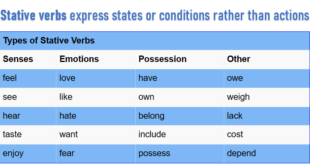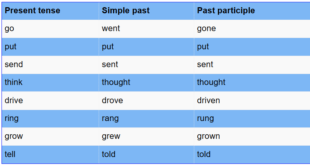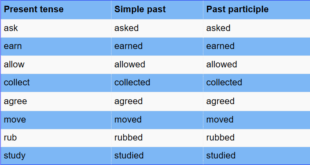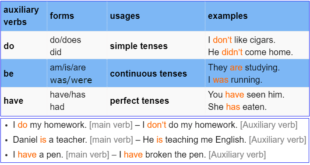![]()
We use indefinite pronouns to replace the name of people, things, or places that are not definite or specific.
Singular:
| some | any | no | every | |
| Place | somewhere | anywhere | nowhere | everywhere |
| thing | something | anything | nothing | everything |
| person | someone/somebody | anyone/anybody | no one/nobody | everyone/everybody |
| another | the other | either | neither | |
| each | little | less | much |
- We need to find somewhere to stay.
- Anybody can see this.
- Buy two T-shirts and get another completely free.
Use no and not any in negative statements
- ꭗ anybody wasn’t at home.
- √ nobody was at home.
Do not use another negative with nowhere, nothing, nobody
- √ There was nowhere to sit. ꭗ There wasn’t nowhere to sit.
- √ I have nothing. ꭗ I don’t have nothing.
- √ nobody came. ꭗ nobody didn’t come.
Add ‘s to an indefinite pronoun to make a possessive
- It’s impossible to remember everybody‘s name.
- They usually stay at one another‘s houses.
Plural: both, few, fewer, many, others, several
- Daniel and Lisa are both scientists.
- Fewer care about local history.
- Many have quit smoking.
Singular and plural: all, any, more, most, none, some
- All is fair in love and war.
- All have arrived in time.
- None have an answer.
- None has come yet.




